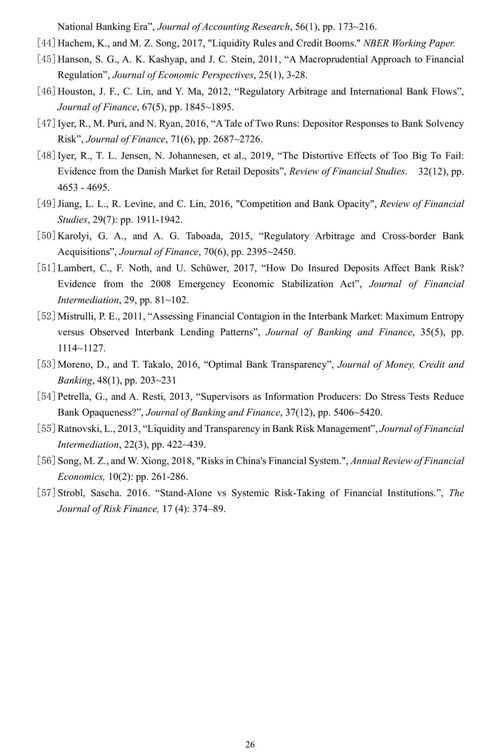
Reading and sports are two vital components in shaping individuals' personalities and honing their skills, especially in the realm of English composition. This essay explores the profound impact of reading and sports on language proficiency and composition skills.
Reading serves as a cornerstone for language acquisition and proficiency. It exposes individuals to diverse vocabularies, sentence structures, and writing styles, thereby enhancing their linguistic skills. When students immerse themselves in a variety of literary works, ranging from classic novels to contemporary essays, they expand their knowledge base and develop a nuanced understanding of language usage.
Moreover, reading fosters critical thinking and analytical abilities. As readers engage with complex narratives and thematic elements, they learn to interpret texts, analyze characters' motivations, and discern underlying messages. These cognitive skills are invaluable in the composition process, enabling writers to craft compelling arguments and articulate their thoughts effectively.
While sports may seem unrelated to English composition at first glance, they play a significant role in enhancing writing skills. Participation in sports fosters discipline, perseverance, and teamwork, qualities that are equally essential in the realm of composition.
Furthermore, sports offer a wealth of experiences and emotions that can inspire creative expression. Athletes often draw upon their personal triumphs and setbacks to craft narratives that resonate with readers. Whether recounting the thrill of victory or the agony of defeat, these stories evoke powerful emotions and provide writers with rich material for their compositions.
To maximize the benefits of reading and sports in English composition, educators should adopt a holistic approach that integrates these activities into the curriculum.
Reading and sports are invaluable tools for enhancing English composition skills. By immersing themselves in literature and participating in sports activities, students develop linguistic proficiency, critical thinking abilities, and creative expression. Educators play a crucial role in integrating these activities into the curriculum and creating opportunities for students to explore the intersection of literature, sports, and writing.
Through a synergistic approach that combines reading, sports, and composition, students can unlock their full potential as writers and communicators, equipped with the skills and experiences to succeed in academic and professional endeavors.